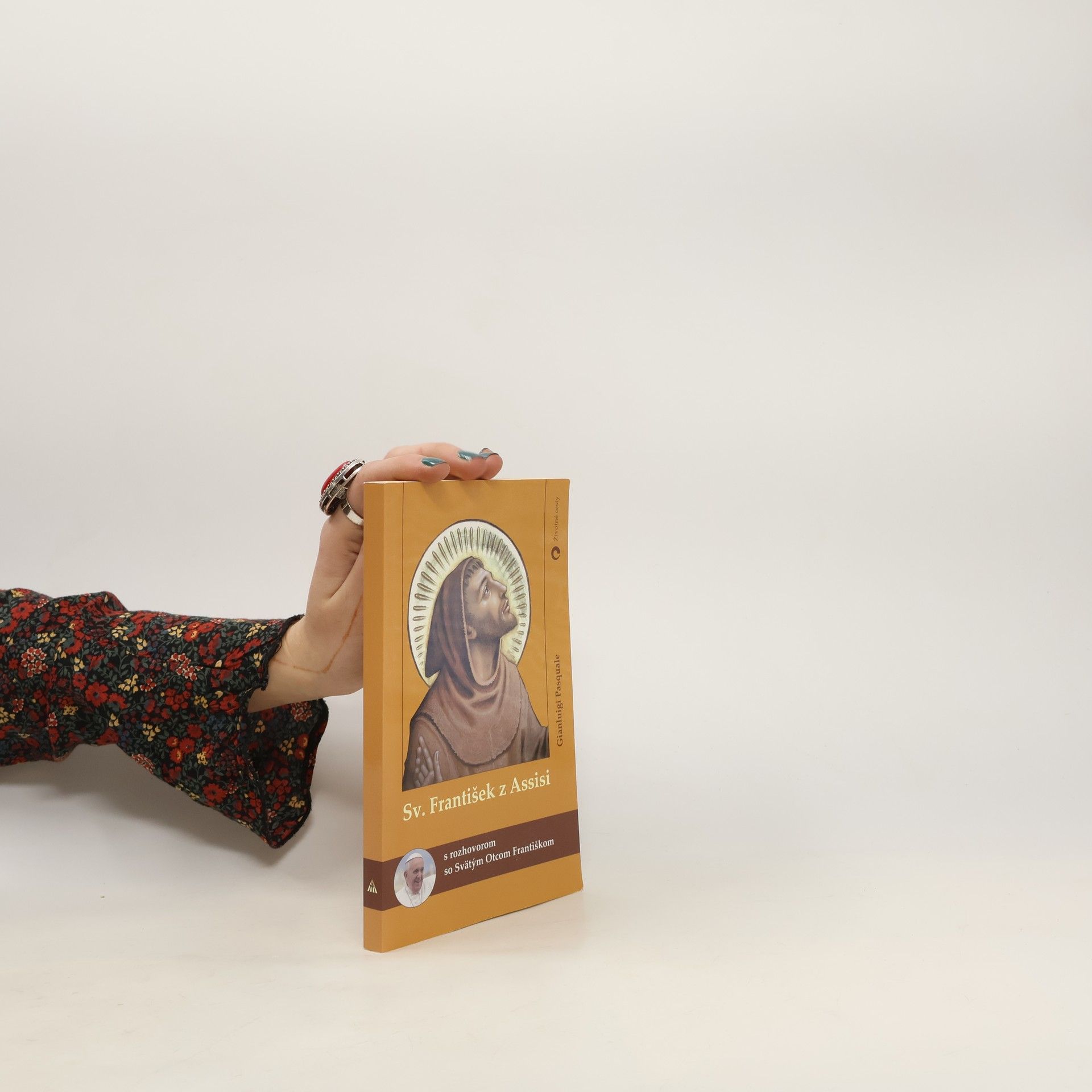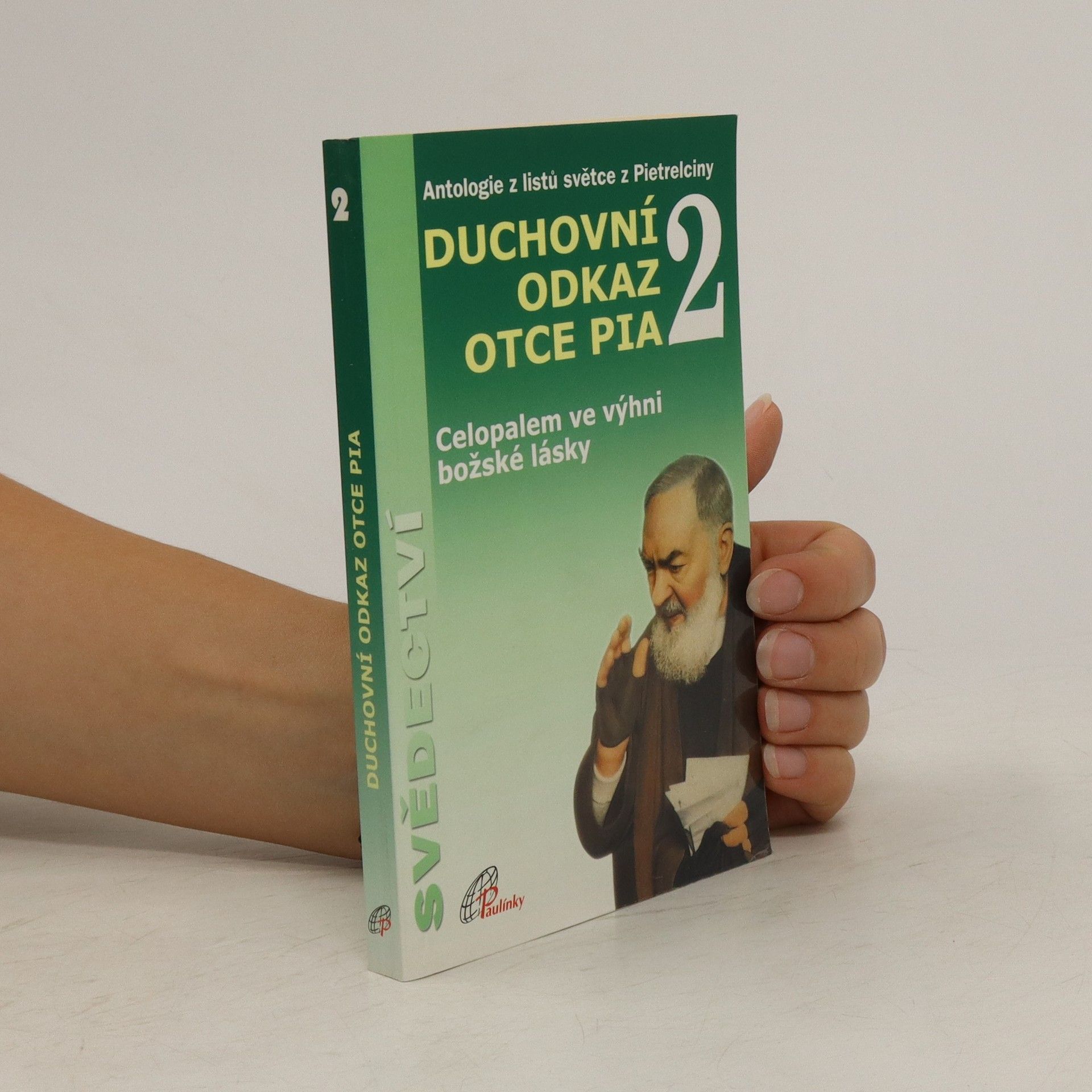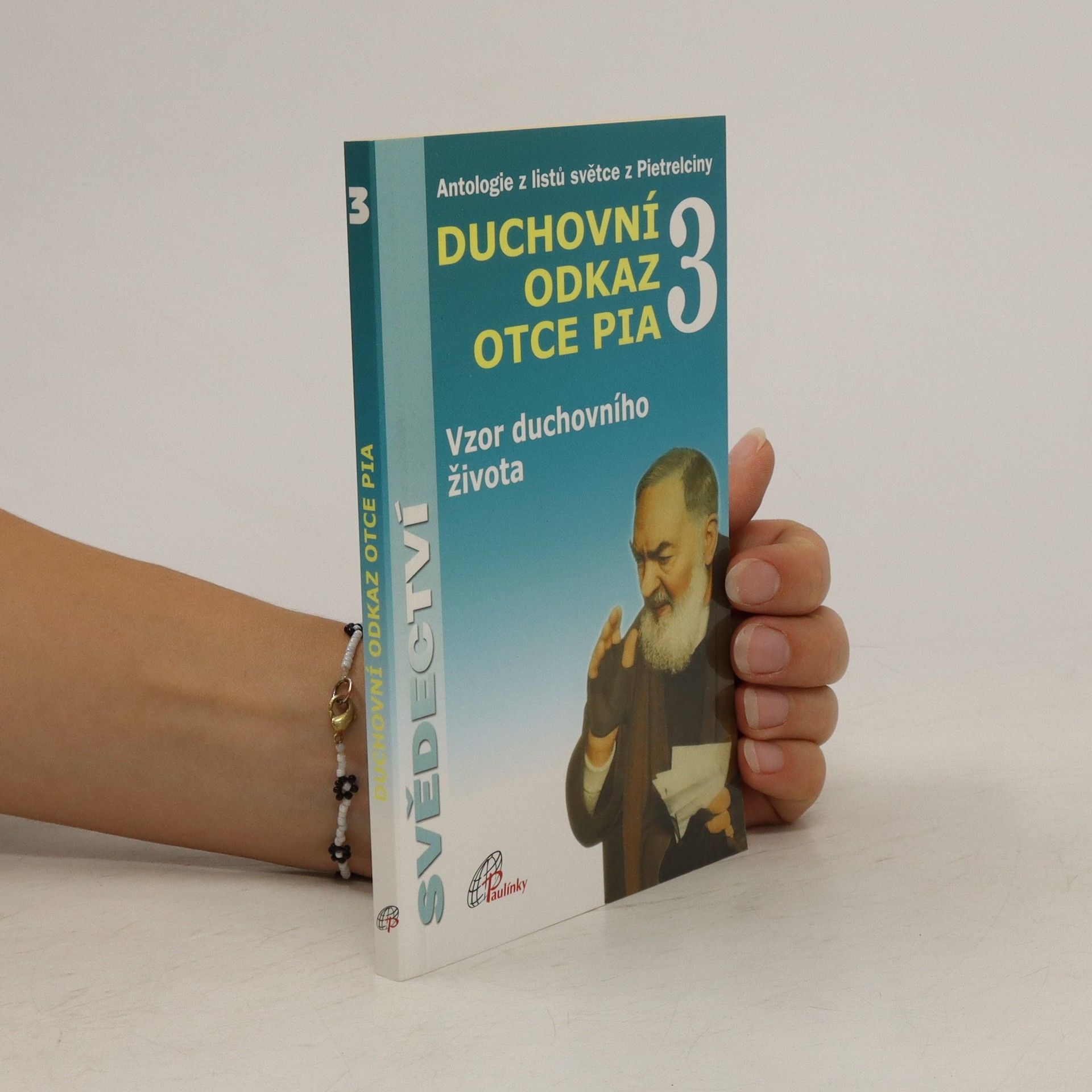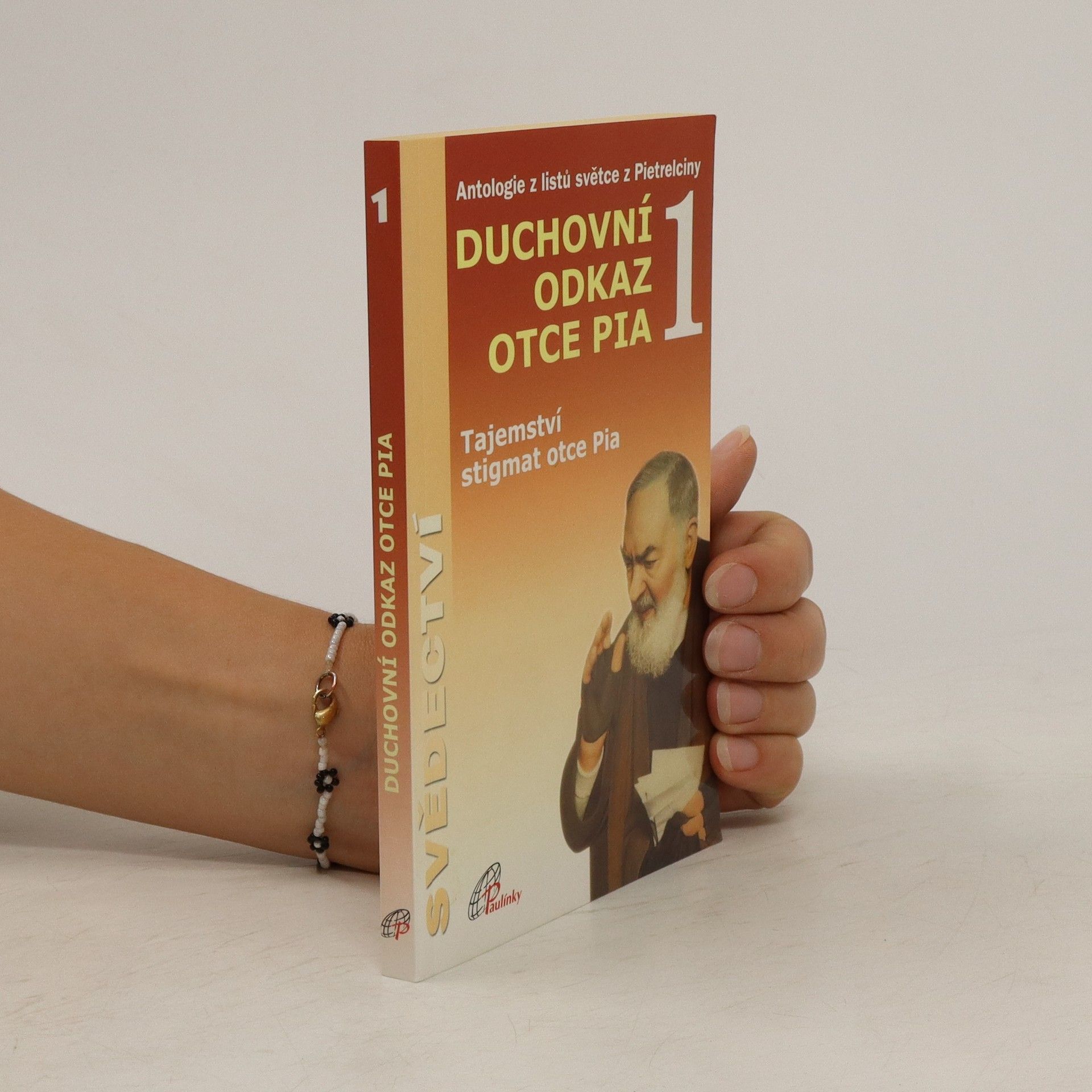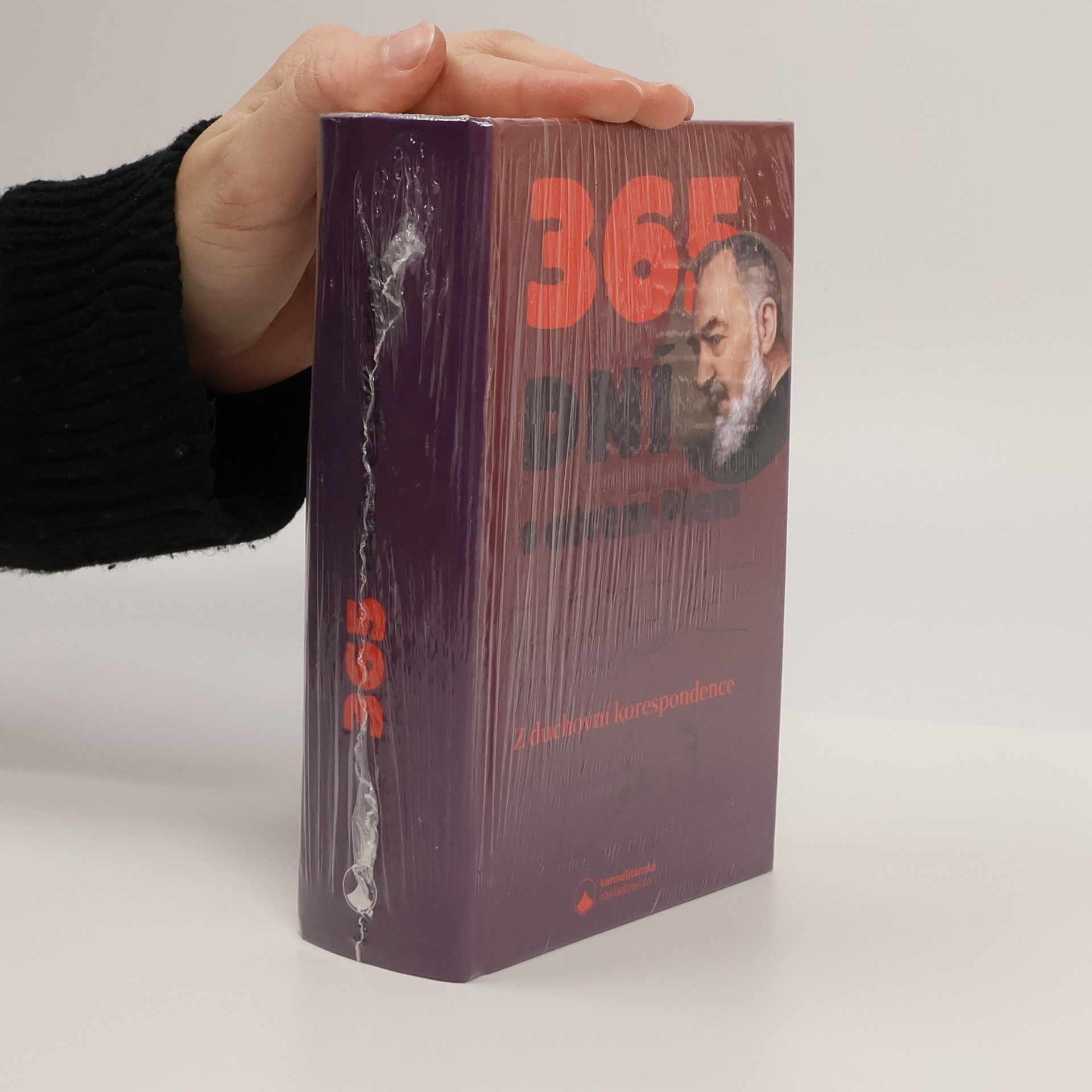365 dní s otcem Piem : z duchovní korespondence
- 533bladzijden
- 19 uur lezen
Výbor z duchovní korespondence sv. Pia z Pietrelciny je cennou sbírkou duchovních inspirací i poučení praktického rázu. Učíme se tu hlouběji prožívat víru v Boha, mít opravdovou naději v náročných životních etapách, milovat bližního a upřímně mu odpouštět. Kapucínský světec nás vybízí, abychom se vydali na cestu s Ježíšem, a ukazuje pevné body, na kterých stojí autentická křesťanská existence. Z jeho dopisů je patrné, jak naplněný byl jeho život v Boží přítomnosti a jak ohleduplně se věnoval těm, kdo se svěřili jeho duchovnímu vedení. Jeho opravdovost promlouvá i k lidem 21. století – kněžím, řeholníkům, laikům žijícím ve světě, mladým lidem i těm, kdo víru hledají.

